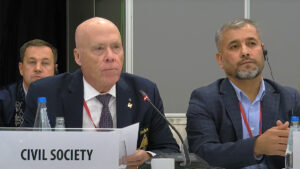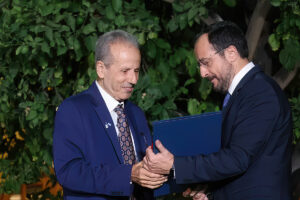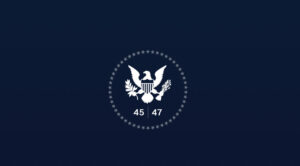There are around 13.5 million Uyghur Muslims worldwide, including 11.8 million in China, where they face severe persecution, and close to 9,000 in the United States.
“Pakistan’s Islamic Council Supports China’s Persecution of Uyghur Muslims,” by Massimo Introvigne, Bitter Winter, October 2, 2024:
Loyal readers of “Bitter Winter” knows Pakistan’s Council of Islamic Ideology. In July this year, Pakistan’s Supreme Court stated that members of the persecuted Ahmadiyya community are prohibited from professing their faith or preaching in public but can only do it inside their places of worship and private homes. The Council protested vehemently. It considered “scandalous” and “perturbing the whole nation” the fact that Ahmadis are allowed to pray and preach anywhere. “They must not be allowed to profess or preach in any manner even within their houses, community centers or in places of worship,” the Council’s declaration stated, “They must not be permitted to profess or preach openly, inside their houses or otherwise, as their actions directly desecrate the teachings of Prophet Muhammad (PBUH), Islam, the Quran, and the Sunnah. They should be unequivocally declared as apostates.” Unfortunately, the Council of Islamic Ideology is not a private organization, but a constitutional body charged with giving advice to Pakistan’s Parliament and government on Islamic issues. It seems now that among the “Islamic issues” the Council is expressing its opinion about is the Chinese treatment of Muslim Uyghurs in Xinjiang (which its non-Han inhabitants prefer to call East Turkestan). Its opinion happens to coincide with Chinese propaganda. On September 25, the Council informed the world via Facebook that its members had been dined (although presumably not wined) by the Chinese in East Turkestan. The press release explained that, “An 11-member delegation of scholars led by Dr. Muhammad Ragheb Hussain Naeemi, Chairman of the Council of Islamic Ideology, returned after a successful 10-day visit to China at the invitation of the Chinese Ministry of Foreign Affairs,” which included Beijing and parts of East Turkestan. The delegation “held discussions with representatives of the Ministry of Foreign Affairs, mosque committees [part of the government-controlled China Islamic Association] in different cities, and leaders of the Communist Party.” One can imagine what kind of “information” they received. With some confusions between provinces and “autonomous” regions (Xinjiang is not a province), Chairman Naeemi emphatically declared that “Muslims of Xinjiang, China’s westernmost province, have achieved economic and religious freedom due to the positive policies of the Chinese government.” The Council’s leader also praised China for eradicating extremism and terrorism in Xinjiang….






